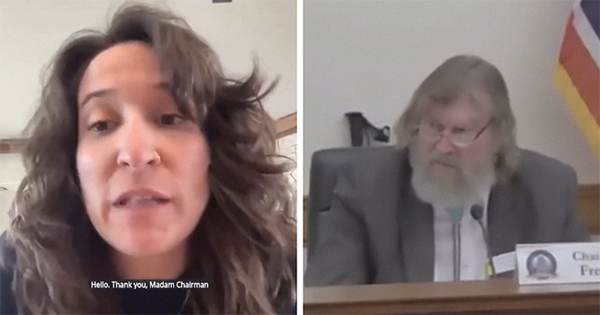Experts have shared how cravings for certain types of food could be a sign of dementia.
According to the NHS, dementia is an umbrella term for a group of syndromes related to memory loss - with people often getting confused between Alzheimer's disease and dementia.
Alzheimer's disease is a type of dementia and, together with vascular dementia, makes up the majority of cases.
READ MORE - Portuguese woman living in Scotland shares why people 'need' to marry a Scot
One of the rarer forms of dementia, known as frontotemporal dementia (FTD), causes problems with behaviour and language - and food choices could indicate the condition, Wales Online reports.
The Alzheimer's UK charity said patients with FTD may “crave sweet, fatty foods, or carbohydrates and forget their table manners," adding: "They may also no longer know when to stop eating, drinking alcohol, or smoking."
One notable patient is Scottish former Formula One driver Sir Jackie Stewart's wife Helen, who was diagnosed with FTD in 2014.
The diagnosis prompted the 82-year-old racing driver to launch global charity Race Against Dementia, which aims to increase the rate at which science moves towards a breakthrough in tackling the illness.
As well as changes in eating habits, other symptoms of FTD are:
• Being insensitive or rude
• Acting impulsively
• Loss of inhibitions
• Seeming subdued
• Losing interest in people and things
• Losing drive and motivation
• Inability to emphasis with others
• Repetitive behaviours
• Compulsive eating
• Neglecting personal hygiene
• Repeating a limited number of phrases
• Forgetting the meaning of common words.
• Using words incorrectly
• Loss of vocabulary
Statistically, dementia is the UK’s biggest killer, with around 67,000 people dying from the disease every year.
But Race Against Dementia scientist Dr Cara Croft says a new treatment could become available within the next 10 years.







